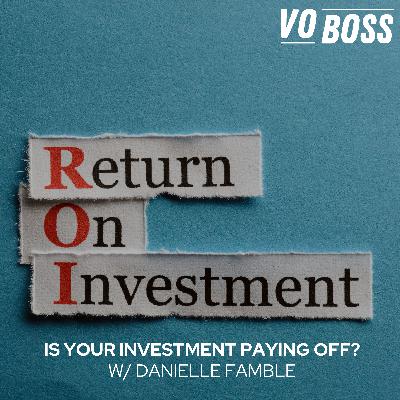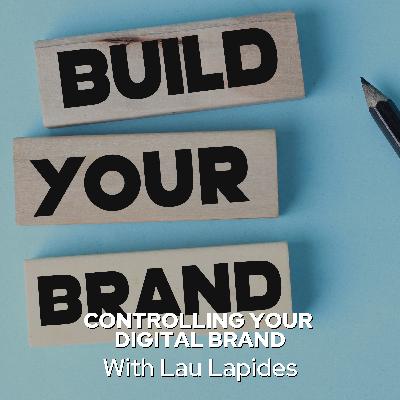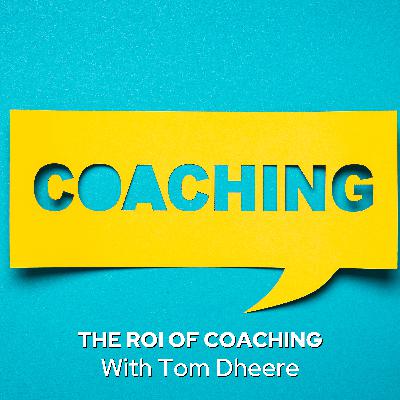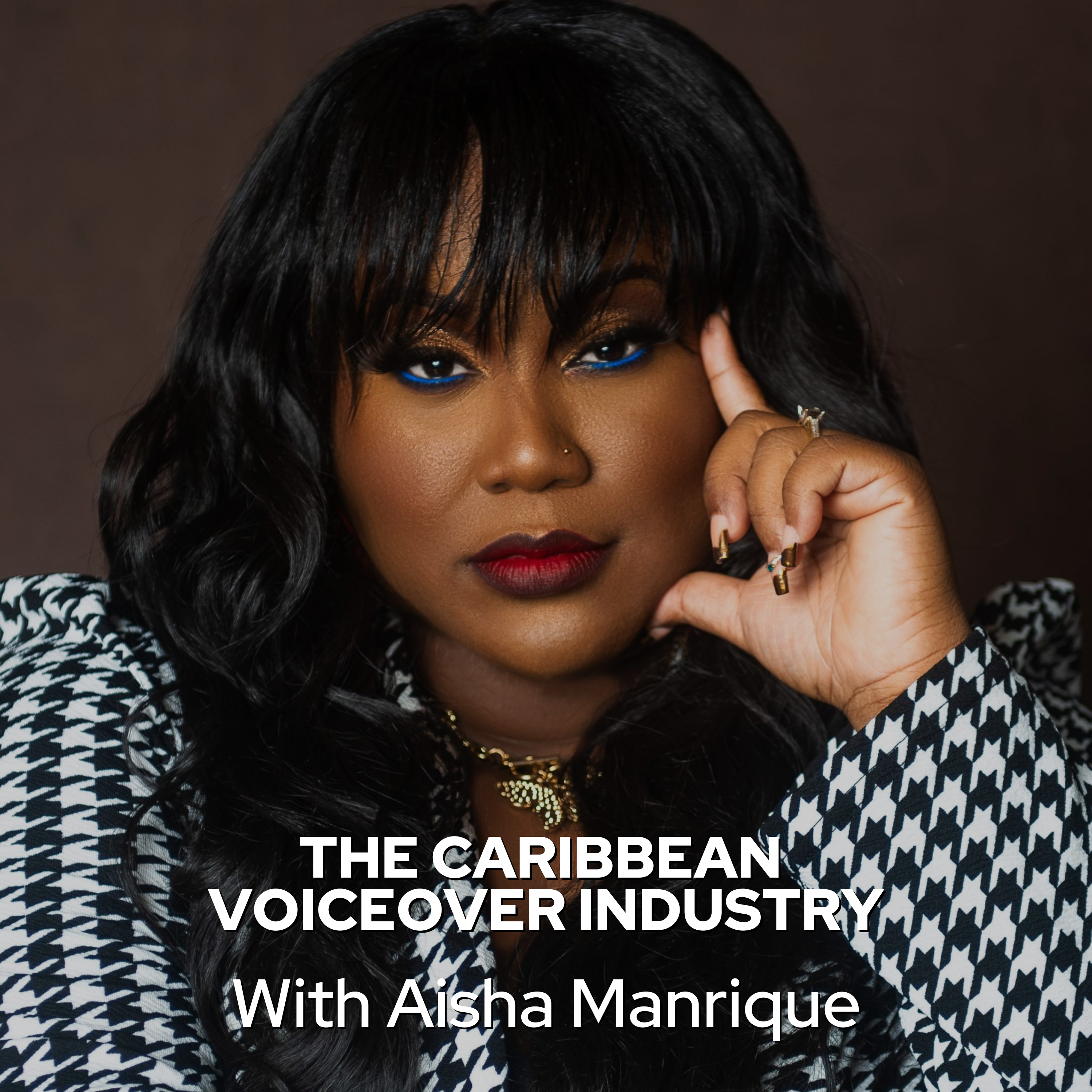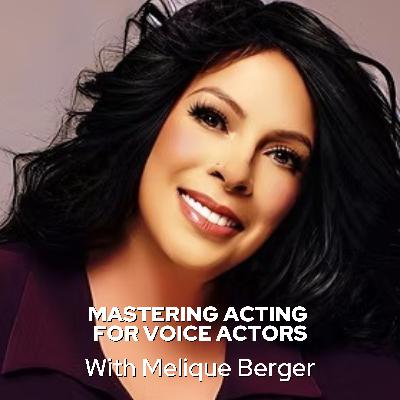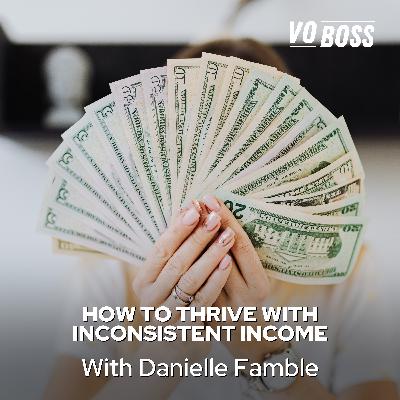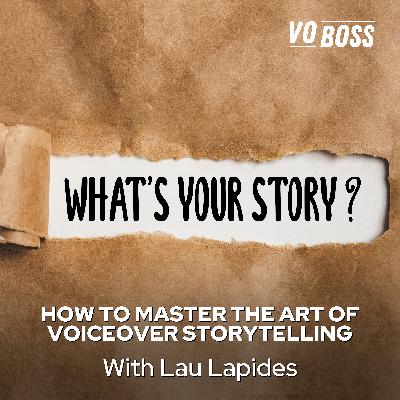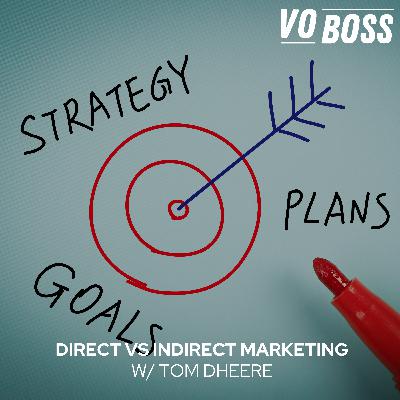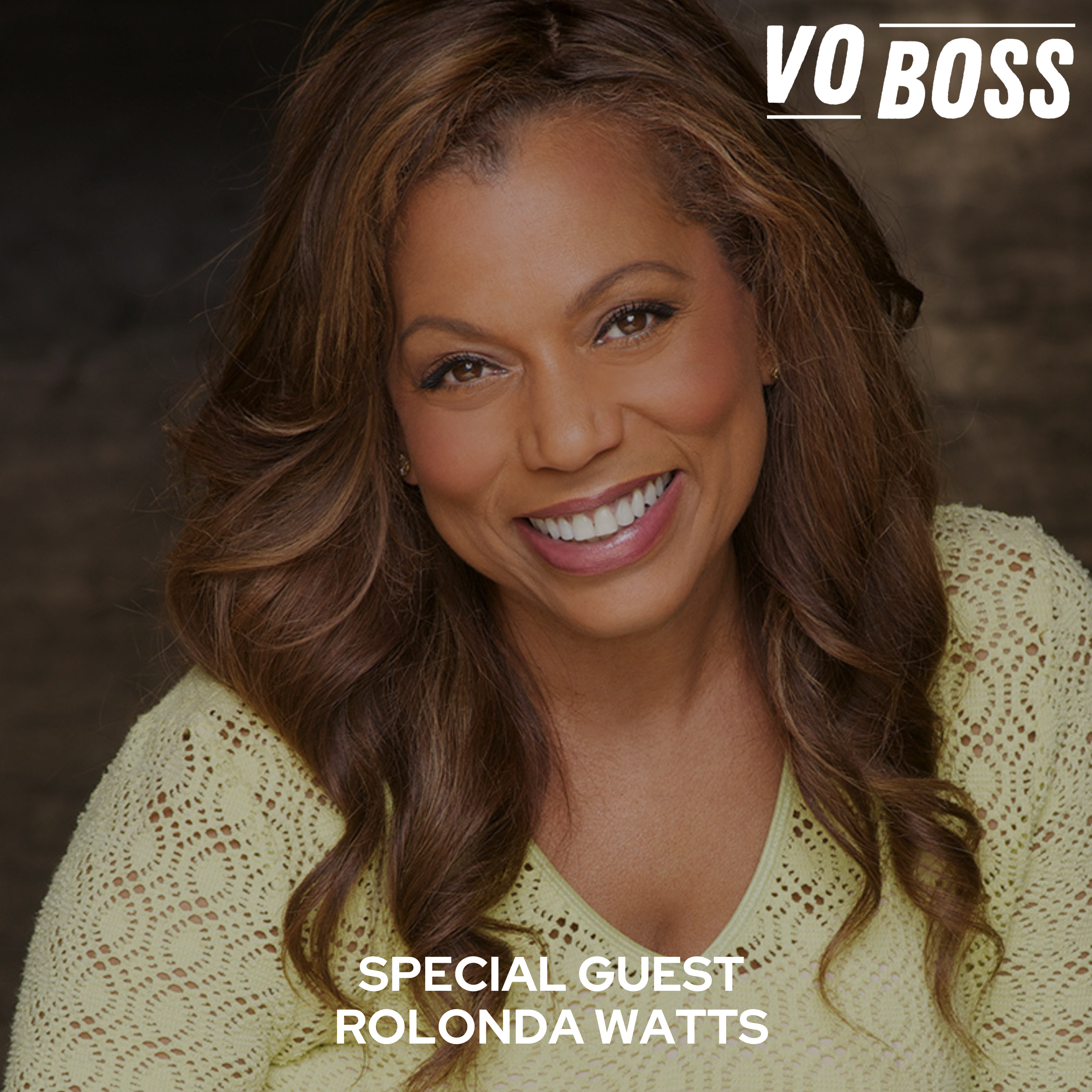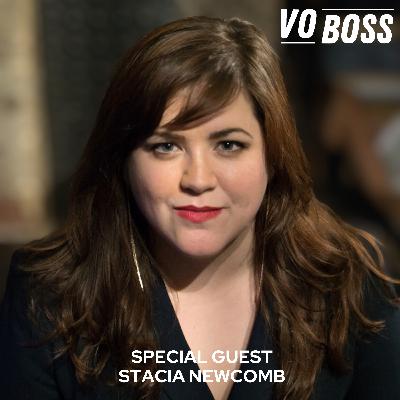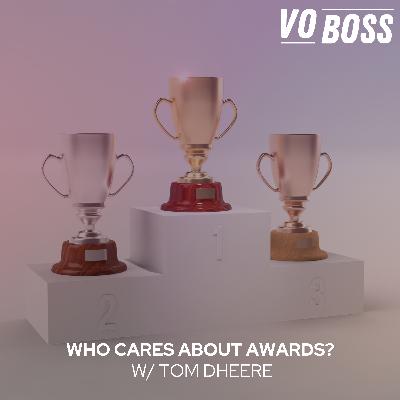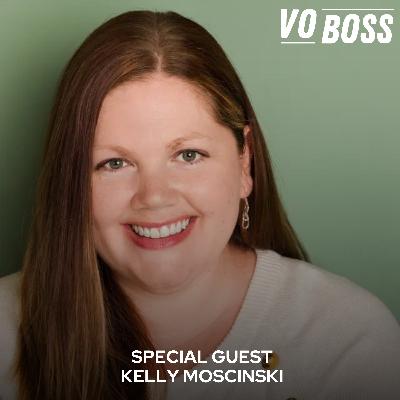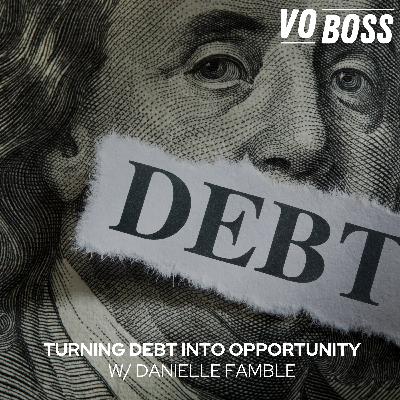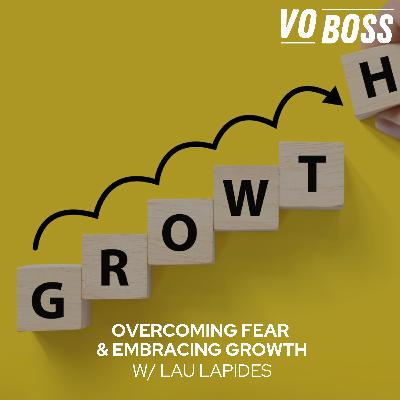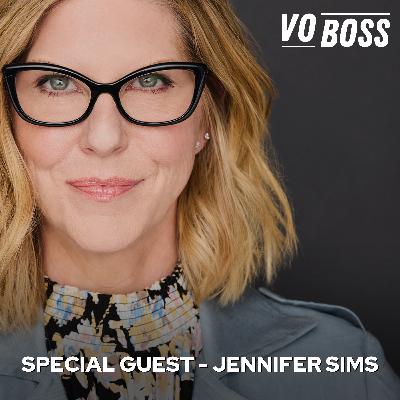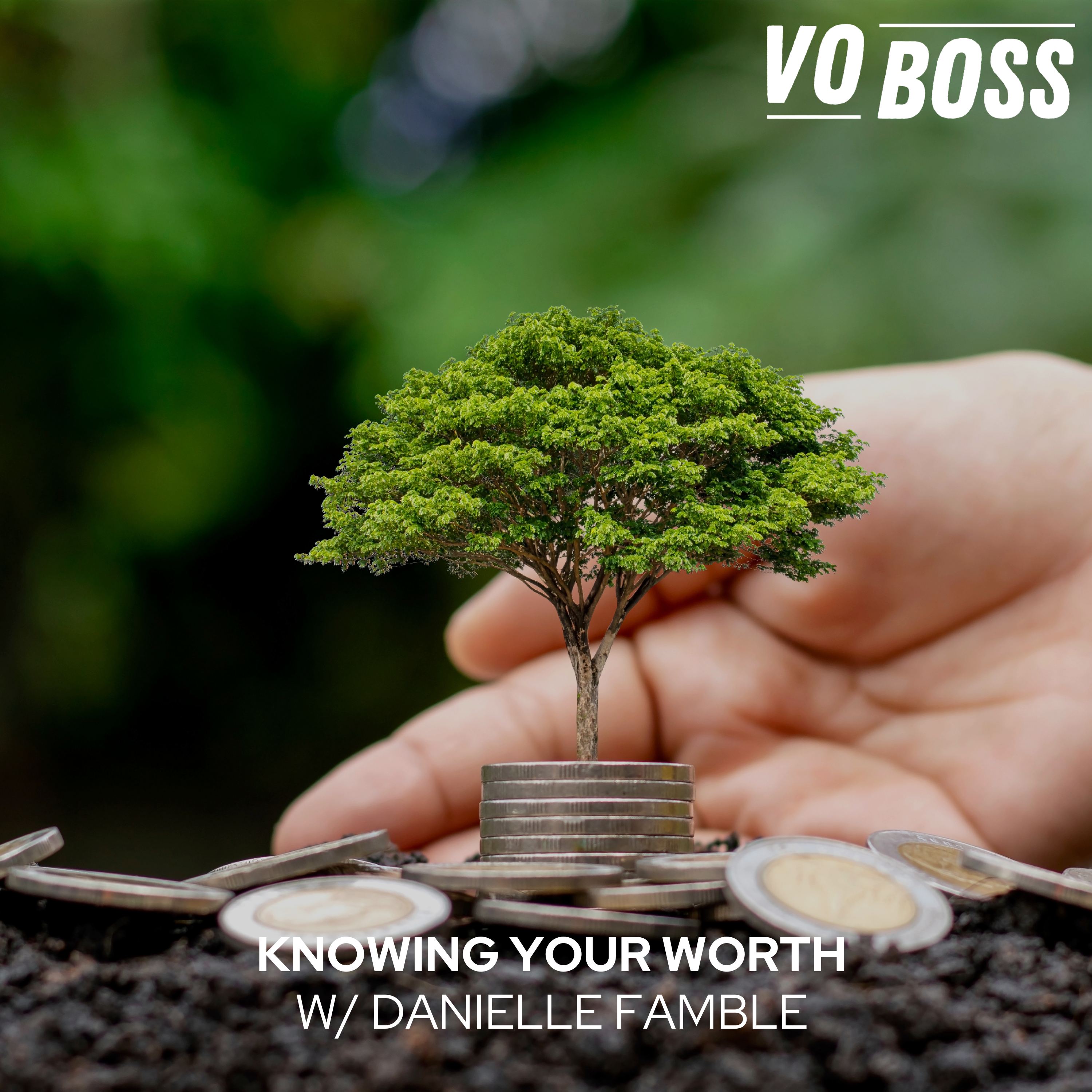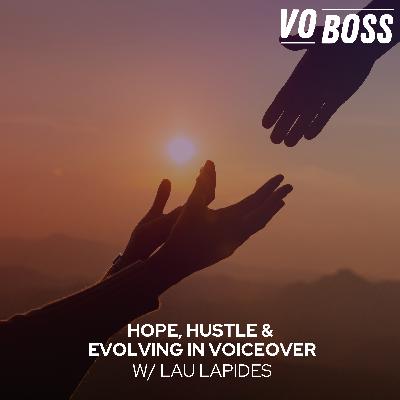Is Your Investment Paying Off?
Description
Anne Ganguzza and Danielle Famble dive into a crucial topic every voice actor faces: Return on Investment (ROI). In an industry that combines both tangible equipment and intangible skills, the discussion examines which investments are truly worthwhile. From starter microphones to a full-blown studio, and from coaching to building confidence, Anne and Danielle offer a fresh perspective on how to measure the success of your financial decisions. They emphasize that in a creative industry, ROI is not always about money—it's also about personal growth, confidence, and building a sustainable business.
00:00 - Anne (Host)
Hey bosses, we now have events, so don't miss out. Our VIP membership gives you exclusive discounts to events and access to workshops that are sure to boost your voiceover career. Find out more at voboss.com.
00:16 - Speaker 2 (Announcement)
It's time to take your business to the next level, the boss level. These are the premier business owner strategies and successes being utilized by the industry's top talent today. Rock your business like a boss a VO Boss. Now let's welcome your host, Anne Ganguzza.
00:35 - Anne (Host)
Hey everyone, welcome to the VO Boss Podcast. I'm your host, Anne Ganguzza, and I am here with the Boss Money Talks series with my good friend, Danielle Famble. Hey, Danielle, hey, how are you? I'm good, how are you? I'm good, Danielle. I just got an email from Amazon, oh, and the subject said you might like this, or we found something you might like, which I think is such a marketing tactic. It is a good opening line. Works on me, yeah for sure.
01:08 - Danielle (Guest)
It works on me. You definitely opened the email, didn't you?
01:11 - Anne (Host)
Yeah, because it's based on my previous you know, either browsing or my previous purchases, and so those of you that have ever perused the VioBoss website know that I have a Studio Gear page where I put all the recommendations for Studio Gear, and so I was updating that page and, of course, everything that they sent to me was Studio Gear related, and I was like, oh, look at that shiny new interface, look at that shiny new pair of headphones. Yeah, you know, new colors, new colors. Yeah, it leads me to think about Danielle what Vio expenses are actually worth the ROI? I mean, that is something that I think every voice actor needs to consider when they're spending money and investing in their business. So which purchases are actually worth it?
01:58 - Danielle (Guest)
Yeah, and there are lots of little things that you can invest in in your business and some of them are tangible, like you're talking about the headphones or the interface, and then some of them are intangible, like when you're investing in your education or you're investing in yourself with coaching. So I think that that's such a personal question and it also will change as you progress in your VO boss journey. Agreed, the things that are great returns on investment as you progress in your VO boss journey? Agreed, the things that are great returns on investment when you're earlier on in your career? You may not invest in those again when you're 10, 15, 20, 30 plus years in the game. Right, yeah, that's a fun little question.
02:38 - Anne (Host)
I mean we could start with the obvious. The obvious would be most people think, well, okay, I want to be a voice actor, so what do I need? I need a microphone. So there are microphones and there I think microphones are an investment that if you're just starting out and you're not sure if this is really the thing that you want to do or you're going to, you know this is a long term investment for you. Maybe just a starter microphone works. That's a few hundred dollars and I think that that would be worth an investment to just get your feet wet, get you know, dip your toes in the water and find out if this is a career choice that you are going to stick with.
03:12
But if you kind of know that in your heart and you've done enough research and maybe you've gone ahead and done some coaching and you're fairly certain, I would say it's absolutely worth your investment to invest in a good microphone. I mean because I think microphones are one thing. We may use them every single day, right, but we're not like handling them too much. We're not, like you know, dropping them on the ground. God forbid, hopefully not. You're. A good microphone is going to last for years and years, like my 416 and my TLM 103, I have had them for already, like going on 15 years, like, literally there's no signs of slowing down. However, at one point they will, but I've certainly made back the money that I've invested in them, absolutely. What are your?
03:56 - Danielle (Guest)
thoughts. I agree, I'm kind of more of the grow as you go kind of mentality. So when I started I was using the Synco Mic D1, I think, or something like that D2. And it was billed as the knockoff 416. And then when I actually had the 416, I was able to listen to them side by side. And it is not, but it worked out for the time being. It was what I could afford at the time and then the additional money or the money that I had that I could have spent on the 416 at the time, I put that money into coaching. I put that money into getting a good demo. I put that money into investing in sort of the soft skills needed to win and do well in this business and really in business in general.
04:45
So I think that the ROI, again, like you, can sort of start with what is the starter, and maybe the starter is a certain dollar amount and I don't think there is a dollar amount, but it's the dollar amount that is comfortable for you. That maybe isn't the 416 or the TLM 103, something like that and then you use some of that money to then invest in the soft skills and invest in your coaching, invest in your website or things like that.
05:16 - Anne (Host)
I started off with an AT2020 and I graduated to a Rode MT1A, which is not necessarily what I would recommend today, but those were only a few hundred dollars, and I still remember when I actually got my very first like major investment in a mic was a good 10 years after I had. I had been because I made good money with that Rode for at least six, seven years, and then and it just didn't occur to me because I had a great studio at the time, right, and I didn't hear a need or nobody Everybody said, oh my God, you sound great, and so I didn't feel a need that I had to go experiment with microphones. Now, some people are gearheads. You know we've all got our thing, kind of like me investing in lipsticks or in clothing. You know they have to try it all Totally.
06:08
I remember, though, when I did invest in my TLM 103, I actually heard the difference, but I could not have been able to tell the difference. Probably, I think, when you're first getting into the industry, it takes a minute for you to get an ear. Develop your ear For your sound, for your microphone yeah, we don't talk enough about that and maybe that's fodder for another. You know another episode. But developing your ear in voiceover for performance and for good equipment, it takes time I mean years and it took experimentation. It took, you know, trying, and I think it took me, after years of being in the industry, of hearing the difference with a good quality pair of headphones, with a good quality mic in a good quality studio, and so all of those were were back the ROI.
06:55 - Danielle (Guest)
That also increases as well. You know things like investing in your booth, investing in where you're going to record. I started recording in my closet and like adding extra pillows, and I was taking pillow cases off of, like my bed, from the couch cushions. I was taking anything that was soft and just bringing that into the closet with me to record and I, you know I did quite a bit of work that way for a good amount of time and then, you know, time progressed and I got a different booth and then I upgraded to the booth that I'm in currently. So if you, I think, if you can grow as you go, you might be getting more of an ROI because you're developing that, your ear, you're developing your business sense, your business savvy, you're understanding, you know what you bring to the microphone, what you bring to the business, and all of that is how you increase that ROI for sure.
07:53 - Anne (Host)
You know, and we should talk about ROI Is ROI always positive financially based?
07:58 - Danielle (Guest)
No, I don't think so. No right, I think it can definitely be the intangibles as well. It can be exactly how comfortable you feel attacking commercial copy. It can be how quickly you're able to adjust from in a session when you're given differing opinions on how you should, you know, read a line or something like that. It's your ability to speak up for yourself and ask for what you want and negotiate all of those things.
08:22 - Anne (Host)
That's such a good point of this topic because ROI, especially in our industry, when our voices I mean our voices are so much more than just physical voices for our product, it has everything to do with who we are, what got us here, our life journey and confidence right. So if a new microphone can make you feel more confident, can make your performance better, that's going to make your product better. So ROI, I think in our type of industry, when it's a creative industry, really can be almost as much intangible as it is tangible.
09:00 - Danielle (Guest)
It's what you're pouring into the product that you're offering, which is tangible. It's what you're pouring into the product that you're offering which is yourself. It's what you're pouring into your physical instrument. It's what you're pouring into your heart. It's what you're pouring into. I

